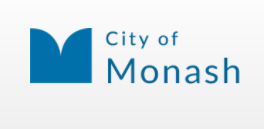AACT is a scientific approach to restoring life back to the soil. Microbes contained in high-quality compost are extracted and multiplied to produce a liquid product.
With a keen focus and understanding based on scientific quantifiable measurables, G.U.F is enabled to recharge the soil microbiology through the use of Actively Aerated Compost Tea (AACT)
With over a decade of experience in the production of quality AACT and applying our unique TREE HEALTH CALCULATOR 1.0 methodology, an accurate Tree Condition Matrix enables Global Urban Forest to restore optimum and sustainable tree health.
What is AACT?
- AACT is a biological inoculum containing the living and dormant organisms derived from the source compost. (Advanced Microbial Compost cannot be surpassed for the diversity of micro-organisms and range of nutrients, so always start with the best available compost .)
- AACT is a liquid extract taken from source compost which is brewed for nominally 24 hours in aerobic conditions best suited to multiply beneficial organisms.
- AACT contains bacteria, fungi, protozoa, nematodes and soluble nutrients sourced from the compost with food additives to grow bacteria and fungi and a minimum amount of dissolved oxygen to keep the organisms alive.
- AACT making does require a level of understanding and commitment rather than simply steeping and stirring as in traditional compost tea making.
- AACT or any biological input is always tested under the microscope for its viability before and during application. It is the living organisms that do the work of restoring life to the soil and plants – with testing to confirm they are actively ready to perform their intended tasks.
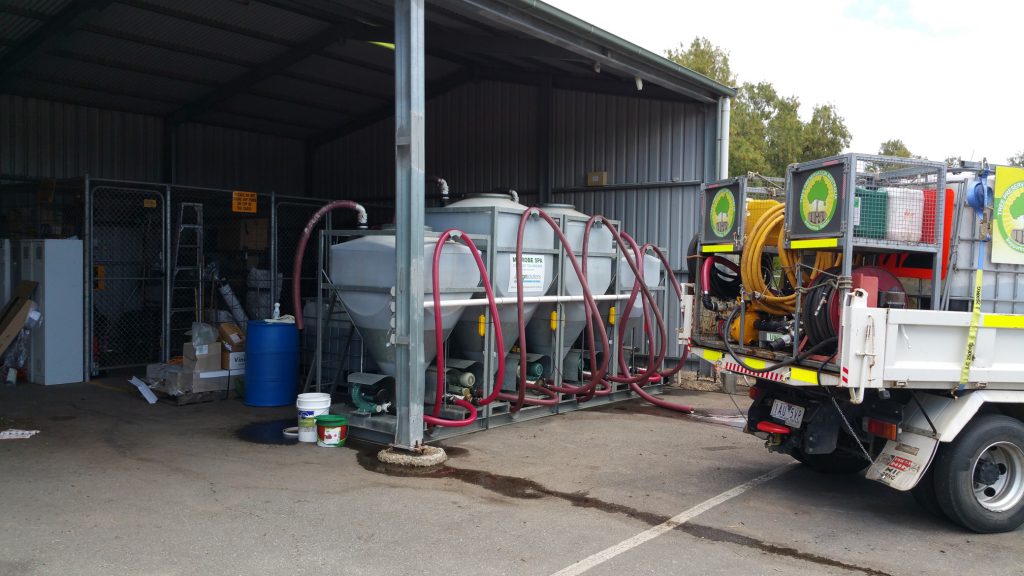
G.U.F’s Plant Health Care program concept is based on the following:
- Determine the missing biology, missing chemistry and physical shortcomings of the area/plants under investigation.
- Add organisms through compost, AACT, inoculants, bio-control
- Keep the introduced ‘missing’ biology active with foods they consume
- Monitor to make sure organisms are performing their functions and improvements are occurring
- Include missing chemistry if it is not met with the compost application
- Address any physical shortcomings through aeration, traffic control, pruning or other appropriate management changes
- Periodically monitor on-site visual soil and plant indicators plus perform confirming laboratory analyses as appropriate.
History of Compost Tea
Compost or manure teas have been used for centuries when it was observed after rains that leaching from compost or manure piles provided a flush of growth downhill and around the edges of the pile. The convenience of using a liquid trickled over growing plants was further exploited when it was discovered that foliar applications enhanced growth whilst also building soil fertility from the overspray or drips from the leaves. Even today, basic steeped compost teas are used as the tradition continues – but this is done in ignorance of the possibility of spreading disease and the scientific and practical advances made during the last 2 decades with the aid of aeration during the brewing process.
Actively Aerated Compost Teas (AACT)
Since the late 1990’s, considerable research into soil microbiology has created a higher platform of understanding and performance in plant growing and soil management methods. Refined fundamental principles as a result of increased knowledge from recent scientific research has moved the emphasis of plant growth and soil management towards improving and stimulating soil microbiology, and so it is that Actively Aerated Compost Teas have taken the lead by enabling a quality compost to be the source of tens of thousands varieties of bacteria, fungi and protozoa which can be further multiplied and ratios altered with brewing in controlled aerated conditions for a nominal 24 hours. With over a decade’s experience, Matthew Daniel at G.U.F has been at the forefront of AACT making with a practiced capability of brewing teas to meet most specific soil-plant combinations in multiple countries around the world.
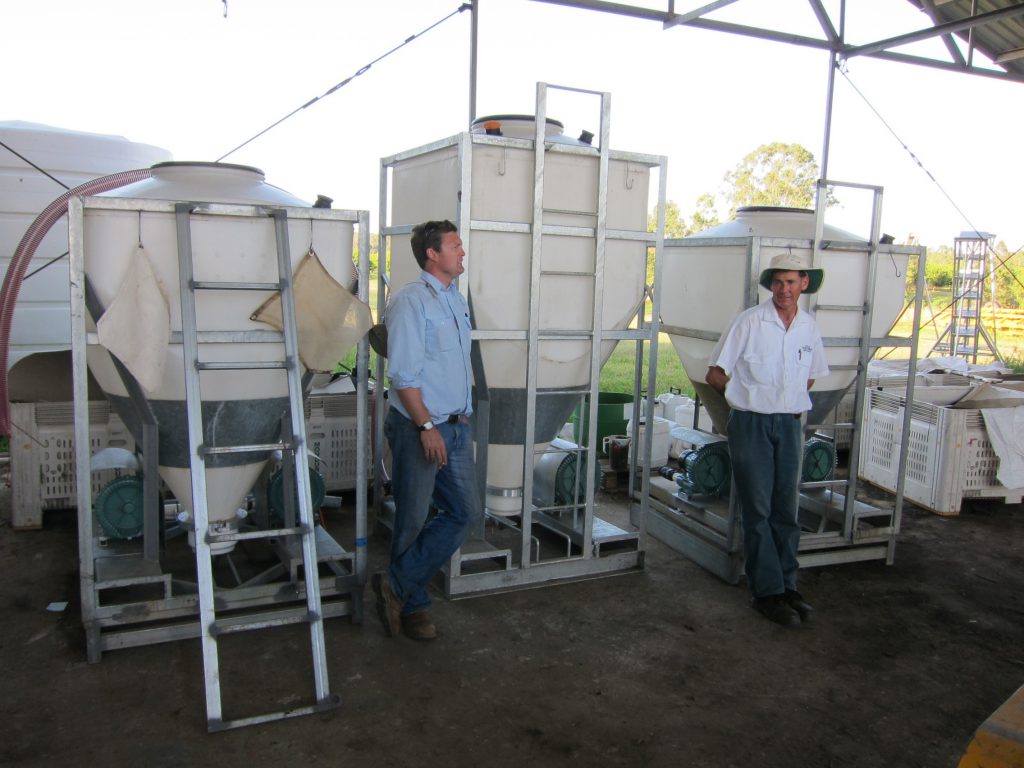
G.U.F & AACT
Compost tea comes in many forms, and although the end result will vary in the quality and safety of the brewed product, at G.U.F we leave nothing to chance when making custom brewed Actively Aerated Compost Tea (AACT). Combining our extensive knowledge of microbial interactions together with the skills acquired over a decade of brewing and monitoring AACT using precision scientific equipment, the controlled expectation of achieving beneficial outcomes in soil and plant performance is very high.
The G.U.F directors Gerhard Grasser and Matthew Daniel have each accumulated a wealth of expertise in the development and optimum application of AACT. For a combined 36 years, Gerhard and Matthew have been working towards building soil and plant biological management systems with the last decade providing the most advances working with Advanced Microbial Compost and AACT applications. Developing techniques in making Advanced Microbial Compost and custom brewing AACT using the world leading Microbe Spa compost tea brewing machines has led to opportunities to deliver educational seminars on the principles of biological management and its practical application.
AACT and PHC programs
G.U.F’s Plant Health Care programs use Actively Aerated Compost Teas as a key tool in managing the transition to an enlivened soil and healthy plant.
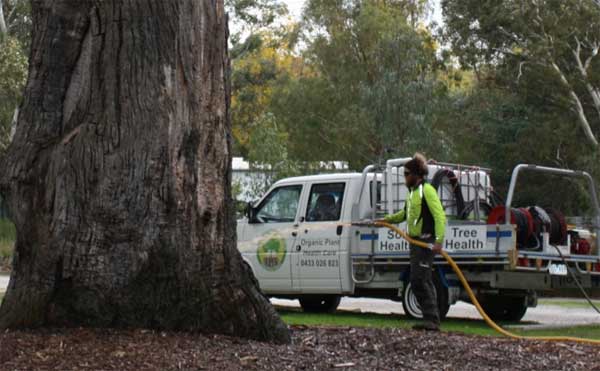
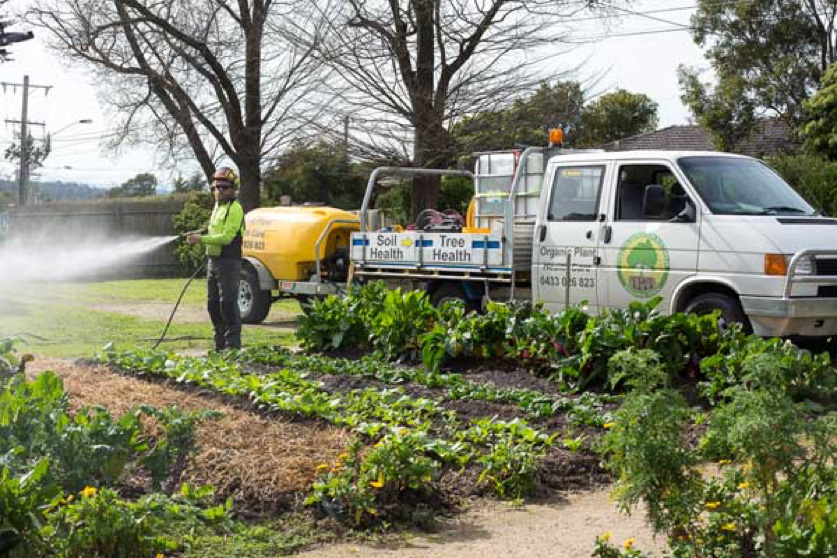
G.U.F performs quality assurance test and qualitative microscope assessment of the AACT, to measure and identify the microbial concentrate. Once assessed the AACT is applied to your plant as a soil drench and/or foliar spray as deemed most appropriate.
The hygiene around the making of Actively Aerated Compost Tea is not unlike a food and beverage preparation and bottling plant. The strictest stringent hygiene, cleaning, monitoring and storage protocols are followed and audited. History tells us that most failures occur when shortcuts are taken in order to try to expedite the repeated making of quality AACT.
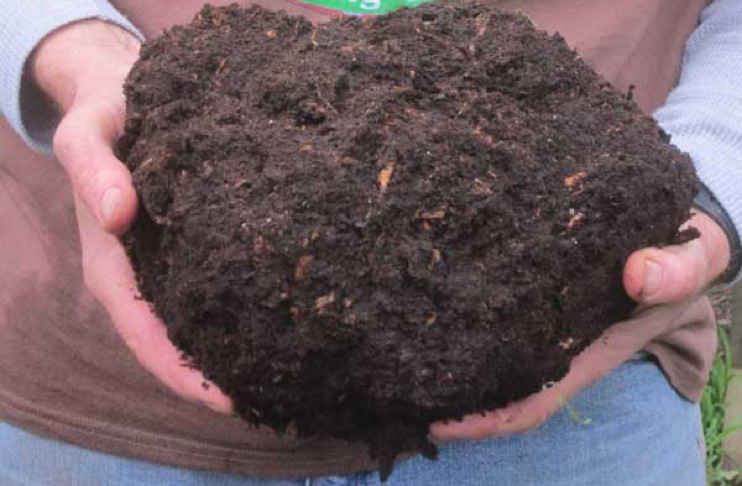
Actively Aerated Compost Tea (AACT) production.
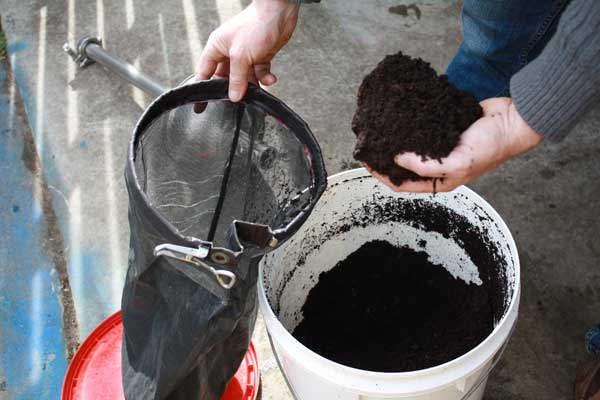
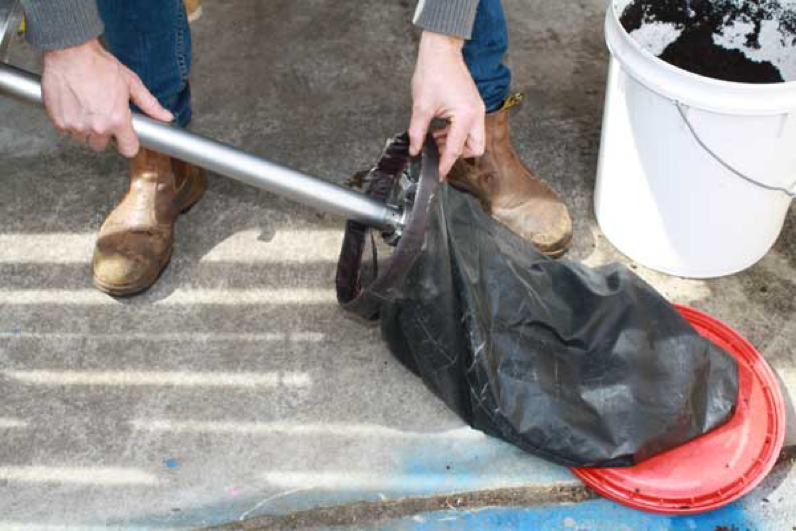
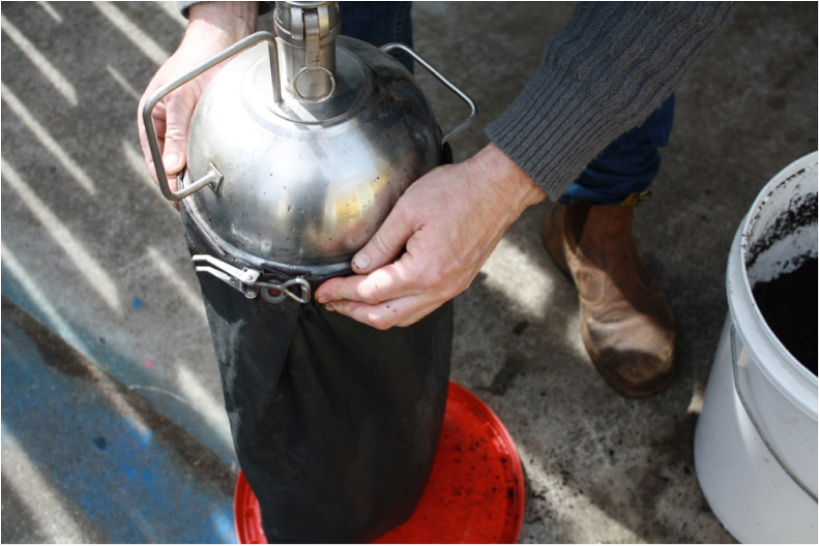


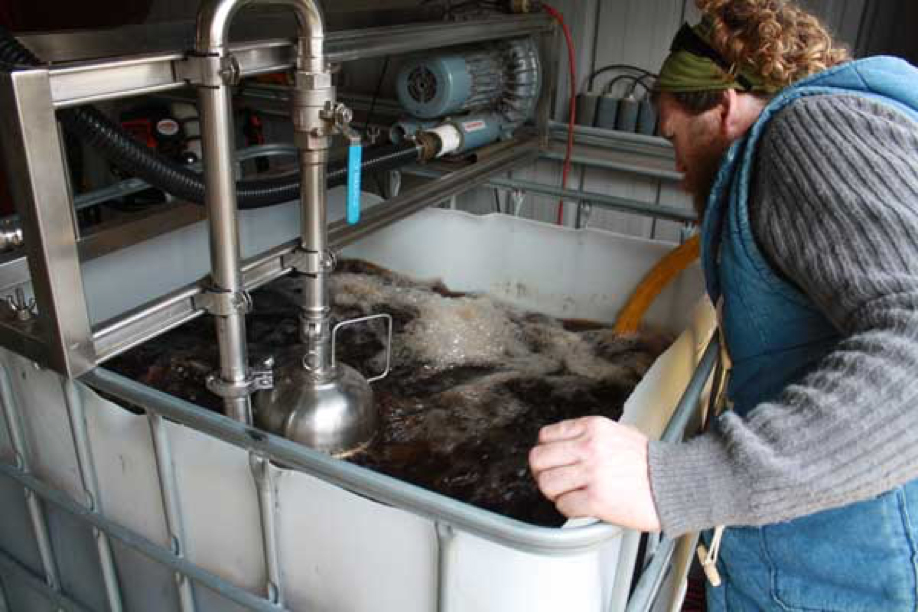
At the end of the brewing cycle when the microbes have multiplied exponentially and consumed all of the food, the AACT is assessed using a microscope to conduct a full Qualitative Assay. It is then applied to the soil or target plants at the requisite dilutions to provide the important microbial stimulus in and on the soil or on the plant foliage.
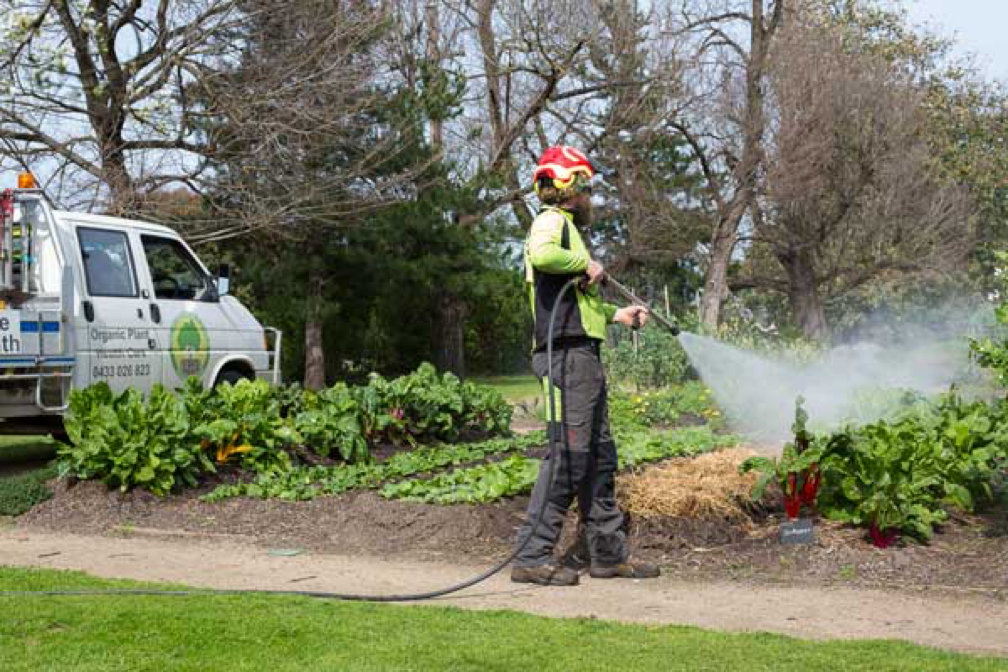

This debris layer under a tree grew beneficial fungal mycelium rapidly after it was sprayed with AACT (compost tea). This effect is multiplied in soil and plant root zones when used as part of G.U.F’s Plant Health Care program.
Contact Us
Send Global Urban Forest a message












